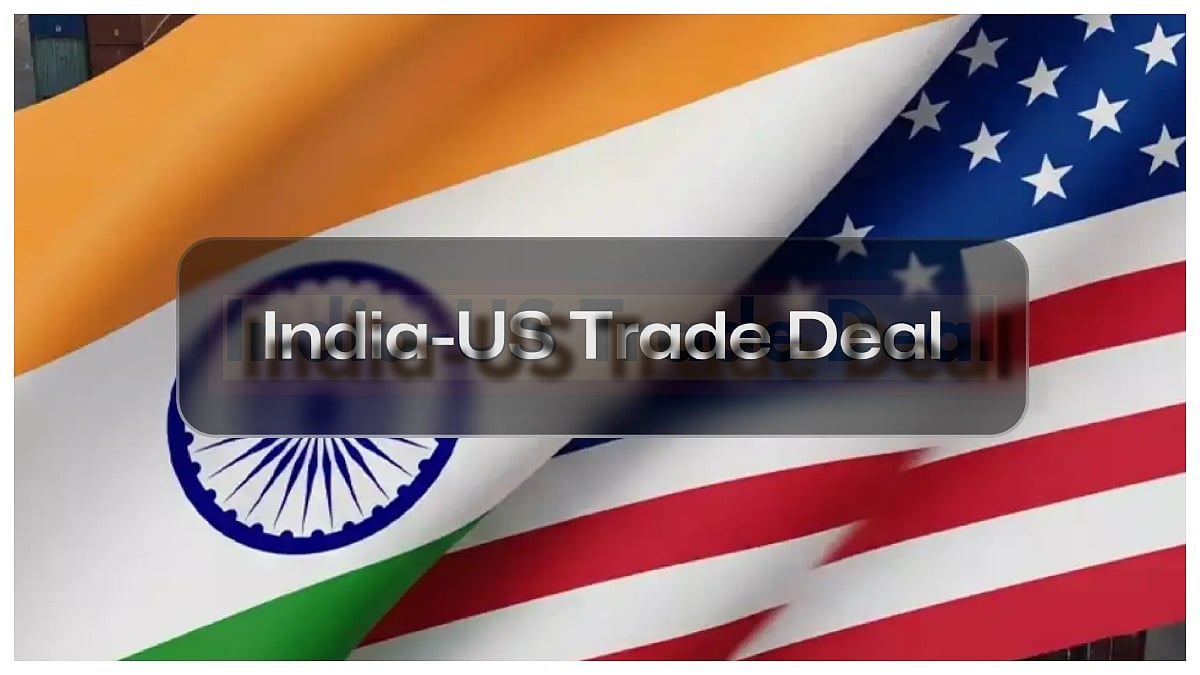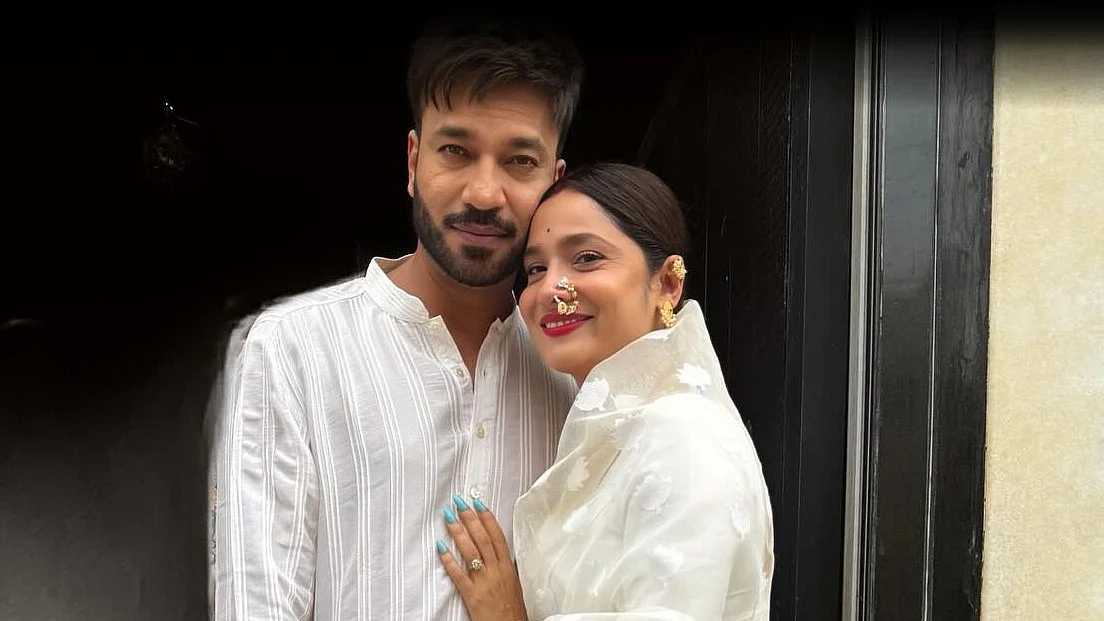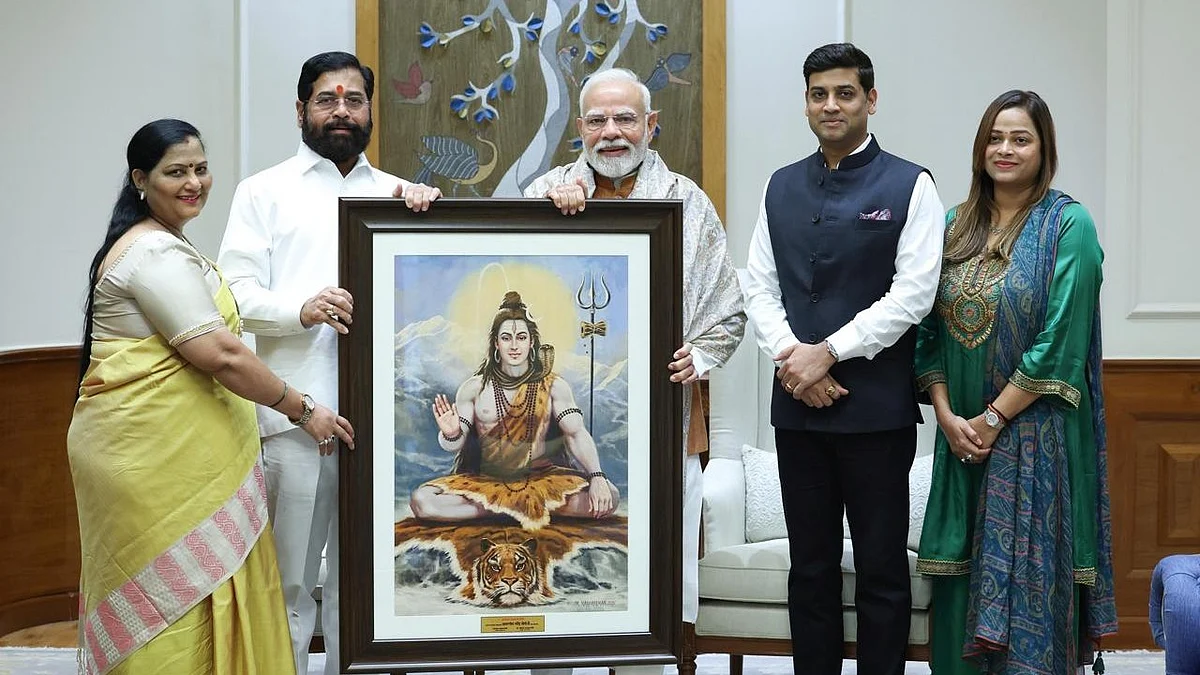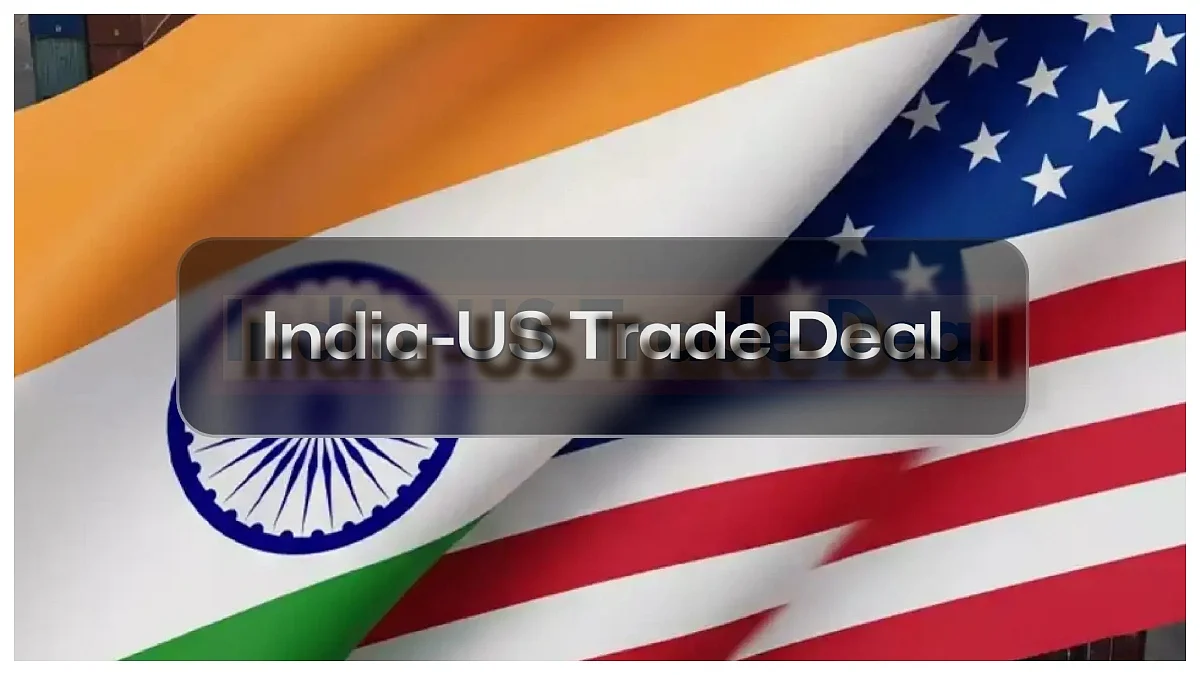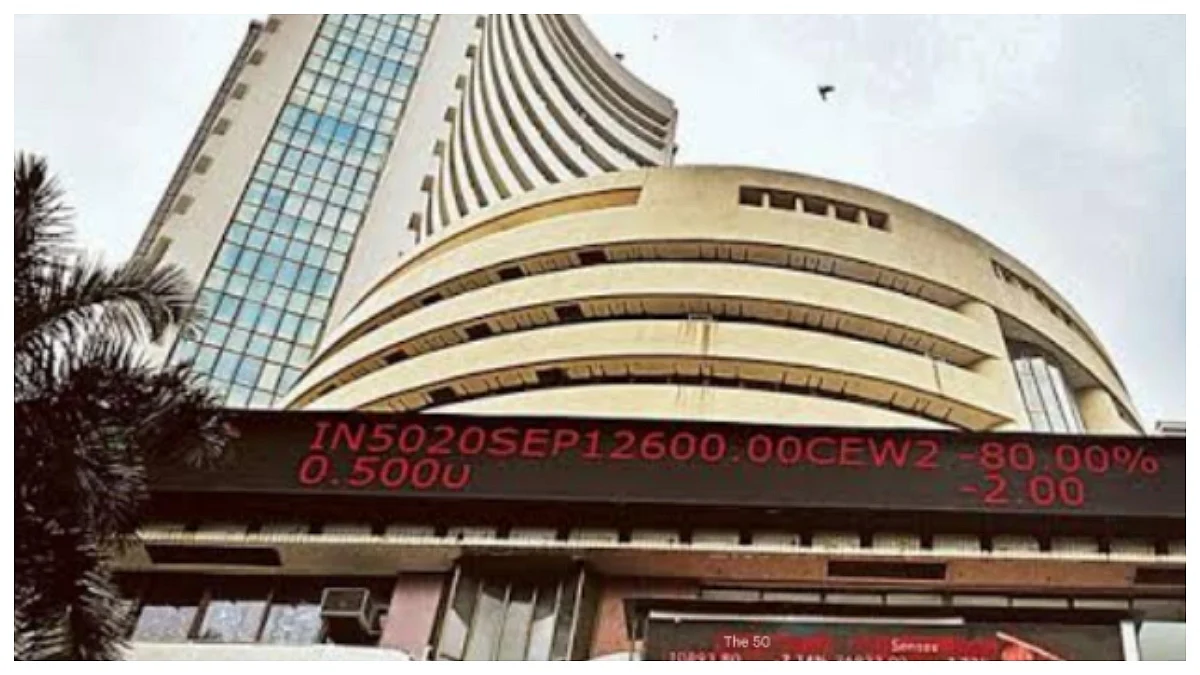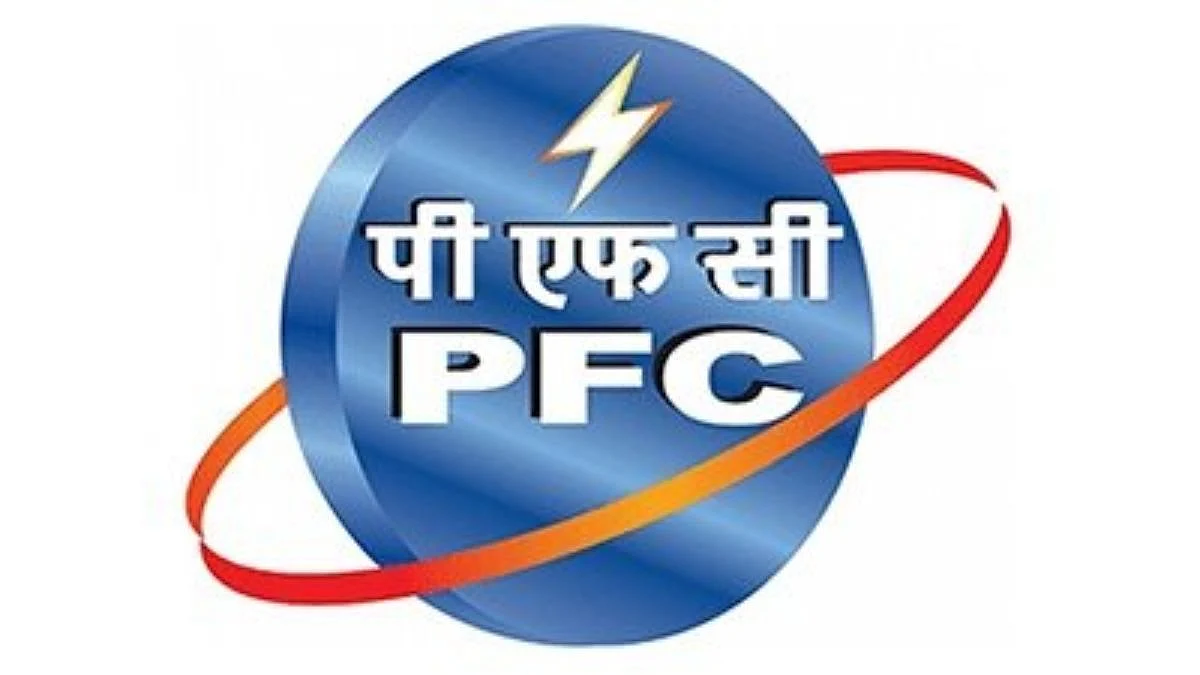Key Highlights:
- India-US trade talks collapsed after hopes of a major deal
- 25 percent tariffs were imposed by the US on Indian goods
- Agriculture and dairy were sticking points for India
New Delhi: Trade talks between India and the United States have come to a halt. At one point, both sides were optimistic that a deal was close and even expected then-US President Donald Trump to make an official announcement.
But the situation changed. Not only was no deal announced, the US also imposed a 25 percent tariff on Indian goods. On top of this, there were signs of restrictions over India's oil purchases from Russia.
Why Did the Deal Fall Apart?
According to a report by Reuters, several Indian officials said the talks failed due to political mistakes, miscommunication, and growing frustration on both sides.
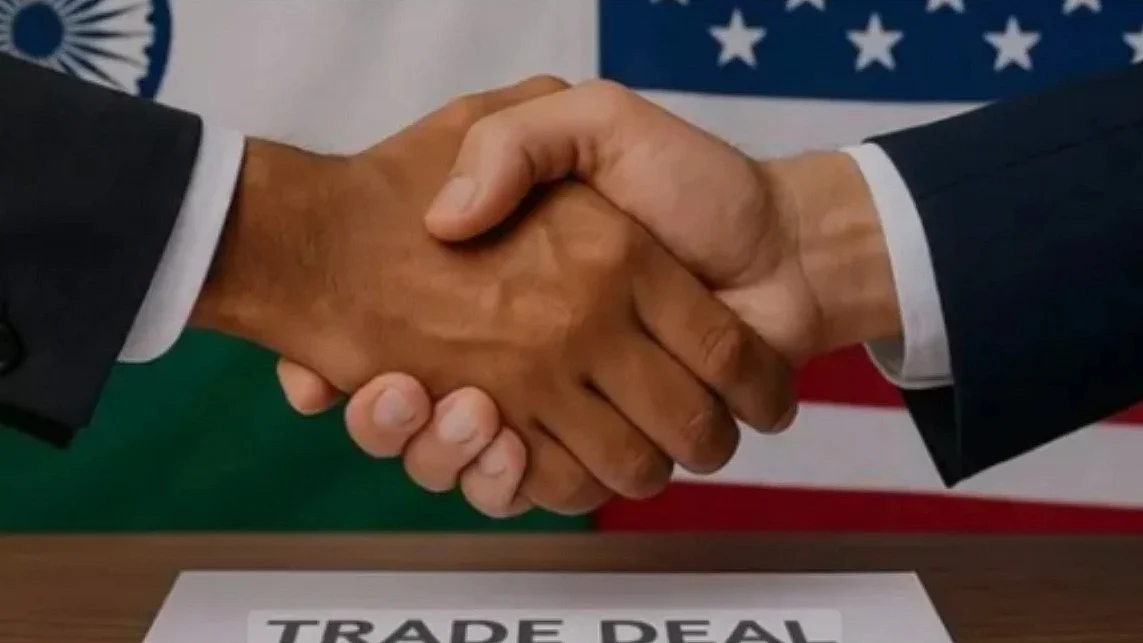
India and the US, two of the world’s largest economies, do over $190 billion in trade every year.
India thought the visit of Commerce Minister Piyush Goyal to the US and US Vice President J.D. Vance to Delhi would help finalize the agreement. India also offered many trade relaxations to the US.
What India Offered
India proposed to remove tariffs on 40 percent of US industrial goods, and was also willing to cut duties on cars and liquor coming from the US.
India was also ready to buy more energy and defense equipment from the US — something Washington strongly wanted.
An official said that by the fifth round of discussions, most disagreements were solved, and hopes were high for a final deal. But India expected the US to agree on dairy exports, which didn’t happen. Instead, Trump demanded even more concessions.

US Didn’t Feel Confident
A White House official said, “Though progress was made, we never felt that the deal met our expectations.” This comment reflected US dissatisfaction, even after India made significant offers.
Agriculture and Dairy Were Sensitive for India
India became firm on agriculture and dairy matters, which are very sensitive sectors for the Indian government. After Trump hinted at a “big deal,” India believed the deal was close and took a harder position on these issues.

Pakistan Factor Added Tension
Another reason the talks failed was Trump’s repeated comments about mediating between India and Pakistan. This upset Indian officials and reportedly led Prime Minister Narendra Modi to avoid calling Trump.
An Indian official said Trump’s remarks on Pakistan added unnecessary pressure, and India could not accept external involvement in such issues.
A senior advisor blamed the failure on poor strategy and weak diplomatic support, especially as the US went ahead and signed better deals with Japan, the EU, Indonesia, and Vietnam.
